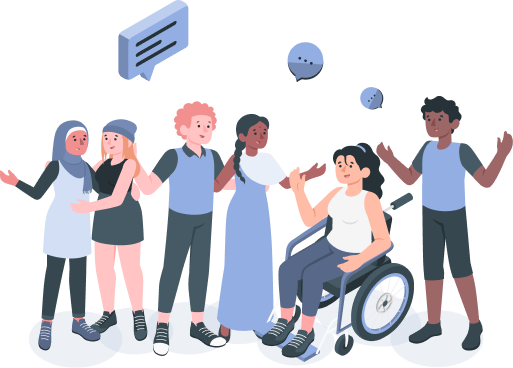Home
Woolwich Low Traffic Neighbourhood
Woolwich Low Traffic Neighbourhood
The Woolwich area has seen high levels of motor traffic passing along its residential streets, made worse by more people driving during the pandemic. The traffic causes congestion, pollution and makes the streets less safe.
Forty per cent of households in Greenwich don’t have access to a car. Yet, motorised traffic can disproportionally affect all residents’ quality of life due to air and noise pollution, speeding and illegal parking.
More trafficResidential roads that were never designed for high levels of motorised traffic have seen traffic double over the last decade in London. In Royal Greenwich alone between 2014 and 2019 the number of miles driven on our roads increased by one hundred and thirty million.
Drivers using residential streets as a shortcut, often called rat-running, are making journeys through the area and not visiting local addresses at all. Part of this has been caused by the popularity of navigation apps that use real-time routing to avoid traffic bottlenecks.
What are low traffic neighbourhoods?Low traffic neighbourhoods (LTNs) are designed to stop motorised traffic taking shortcuts through residential roads by using barriers, called modal filters, such as planters, bollards or cameras. They can be temporary or permanent.
This prevents rat-running traffic, and can provide longer term benefits to the local community. Residents and businesses can still access their homes and premises, but may have to take a slightly longer route. A quieter, more attractive network of streets is opened-up in the LTN. This encourages people to travel on foot, by bicycle, by wheeling or by bus.
We work closely with emergency services to address their needs in LTNs. Preventing a car-led recovery is vital to keeping traffic moving and allowing emergency vehicles to make their crucial – life saving - trips.
Proposals to reduce trafficThe Council is, therefore, proposing to introduce a low traffic neighbourhood (LTN) to reduce rat-running through traffic and improve the environment for local residents.
The Council is proposing to introduce a low traffic neighbourhood (LTN) by introducing the following one-way traffic section:
The section of Sandy Hill Road between the Crescent Road junction and the Brookhill Road junction to be one way for north/west bound traffic.
Residents and businesses would still be able to access their homes and premises, but their usual routes may be slightly different.
We would like your input and views on our proposals to make sure that the scheme works well for the majority of local residents.
FundingFunding for this scheme is externally funded by Transport for London.
DeadlineYou have until 12 noon on 19 March 2021 to complete the survey below.
What happens next?Once a scheme is put into place, considering the feedback we receive during this consultation, a six-month public consultation period on the Experimental Traffic Regulation Order would begin. This will allow you to provide more feedback, based on your experience of the trial.

Additional materials
This engagement phase has finished

...
